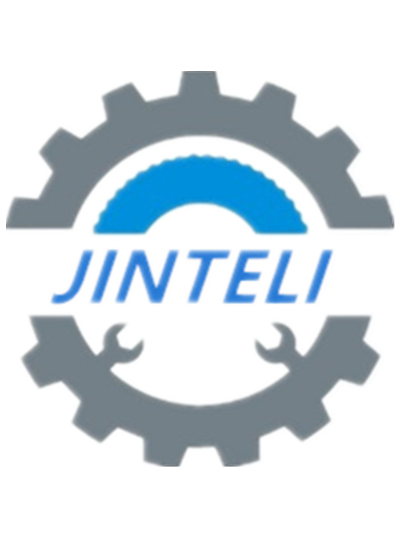The Benefits of Using drying machinery in Industrial Processes
Drying machinery, also known as drying units, kiln turners, or dehydrators, play a crucial role in various industrial processes. These machines are designed to remove moisture from materials, making them suitable for further processing or storage. The use of drying machinery offers several benefits, making it an essential component in many industries.
One of the primary advantages of using drying machinery is the ability to reduce the moisture content of materials. Moisture can negatively affect the quality and durability of many products, such as food, wood, and textiles. By removing moisture, drying machinery helps to preserve the integrity of these materials, ensuring that they remain in optimal condition for longer periods.
In addition to preserving the quality of materials, drying machinery also helps to increase their shelf life. Moisture can promote the growth of bacteria, mold, and other microorganisms, leading to spoilage and degradation. By eliminating moisture, drying machinery creates an inhospitable environment for these harmful organisms, extending the shelf life of products and reducing the risk of contamination.
Furthermore, drying machinery can significantly improve the efficiency of industrial processes. Moisture-laden materials often require more energy and time to process, as the excess moisture hinders the effectiveness of other machinery and equipment. By removing moisture, drying machinery allows for faster and more efficient processing, reducing energy consumption and increasing productivity.
Another benefit of using drying machinery is the ability to control the moisture content of materials with precision. Different materials require specific moisture levels for optimal processing or storage. Drying machinery allows for precise control over the drying process, ensuring that materials reach the desired moisture content. This level of control is particularly crucial in industries such as pharmaceuticals and chemicals, where precise moisture levels are essential for product quality and safety.
Moreover, drying machinery offers a cost-effective solution for industries that rely on the drying of materials. Traditional drying methods, such as air drying or sun drying, can be time-consuming and labor-intensive. Drying machinery automates the drying process, reducing the need for manual labor and saving valuable time. Additionally, the controlled drying environment provided by these machines minimizes the risk of spoilage or damage, reducing waste and saving costs.
Furthermore, drying machinery can be customized to suit specific industry requirements. Different industries have unique drying needs, and drying machinery can be tailored to meet these requirements. Whether it is the capacity, temperature control, or drying time, these machines can be designed to accommodate the specific needs of different materials and industries.
In conclusion, the use of drying machinery in industrial processes offers numerous benefits. From preserving the quality and shelf life of materials to improving efficiency and reducing costs, drying machinery plays a vital role in various industries. The ability to control moisture levels with precision and customize drying processes further enhances the value of these machines. As industries continue to evolve and demand higher quality and efficiency, the importance of drying machinery in industrial processes will only continue to grow.






